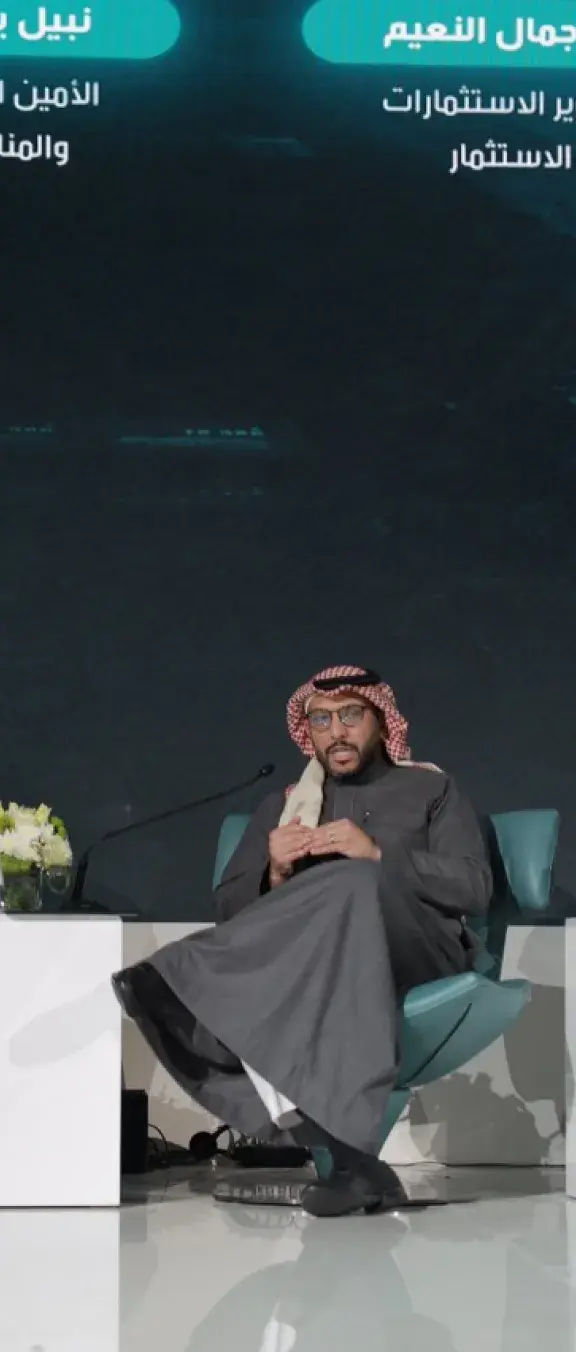
ECZA has successfully concluded its participation in the Municipal Investment Forum (FURAS), which was held by the Ministry of Municipal and Rural Affairs and Housing at the Riyadh Exhibition and Conference Center from January 24-26.
The forum aimed to showcase the many investment opportunities available through both offered by the municipalities and government entities, as well as facilitate a more competitive economic environment through investment attraction that will ultimately enhance the quality of life across Saudi Arabia’s cities.
On day one of the forum, ECZA’s Secretary-General, Nabil M. Khojah, participated in a dialogue session on the National Investment Strategy (NIS), alongside MoMRAH’s Undersecretary for Regulations and Legal Affairs, Eng. Governor of the National Development Fund, Abdul-Ilah bin Muhammad Al-Nimr.
The session served as an overview of the NIS pillars, and the governmental sector’s role in providing a suitable legislative environment along with economic enablers and mechanisms that guarantee the rights of all parties.
It also highlighted the role of FURAS’ municipal investment portal in creating a more attractive investment environment, facilitating and empowering the investor's journey, and working to expand financing partnerships between the government and private sectors.
During the dialogue session, ECZA’s Secretary-General underscored the importance of Special Economic Zones (SEZ) and their role in achieving the Kingdom's objective of being among the 15 strongest global economies by 2030. He stressed that SEZs enjoy many competitive financial incentives and regulatory exemption packages aimed at attracting qualitative investments that are consistent with the Kingdom’s economic goals.
He also indicated that each zone’s designated economic activities were determined through a range of evaluation criteria, with priority given to activities that support internal value chains, expand supply chains outside the SEZs and promote other supporting industries.
